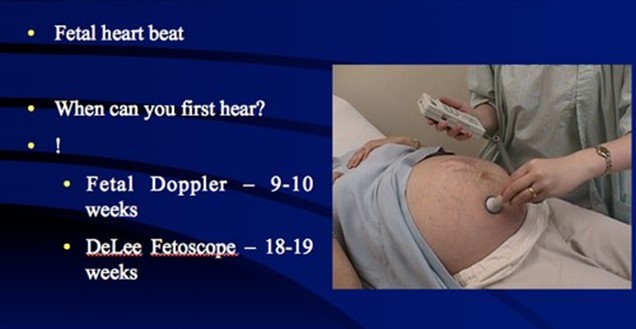A nurse in an emergency department is reviewing the medical record of a client who is having an acute myocardial infarction.
Which of the following findings places the client at risk if he receives alteplase?
Family history of malignant hypertension.
Hip arthroplasty 1 week ago.
Chronic obstructive pulmonary disease.
Acute renal failure 6 months ago.
The Correct Answer is B
The correct answer is B. Hip arthroplasty 1 week ago.
Alteplase is a drug that dissolves blood clots by converting plasminogen to plasmin. It can be used for acute ischemic stroke, but it has some contraindications that depend on the indication and the type of administration of the drug. Some common contraindications for alteplase are hypersensitivity, active internal bleeding, history of intracranial hemorrhage, bleeding disorders, and high blood pressure. Other contraindications may vary depending on the specific condition and the time window of treatment. Alteplase can cause serious or fatal bleeding as a side effect.
Choice A is wrong because family history of malignant hypertension is not an absolute contraindication for alteplase, although uncontrolled hypertension (>185 mmHg SBP or >110 mmHg DBP) is.
Choice C is wrong because chronic obstructive pulmonary disease is not a contraindication for alteplase, although it may increase the risk of pulmonary hemorrhage.
Choice D is wrong because acute renal failure 6 months ago is not a contraindication for alteplase, although current use of direct thrombin inhibitors or direct factor Xa inhibitors is.
Normal ranges for blood pressure are <120/80 mmHg for normal, 120-129/<80 mmHg for elevated, 130-139/80-89 mmHg for stage 1 hypertension, and ≥140/≥90 mmHg for stage 2 hypertension.
Normal ranges for platelet count are 150,000 to 450,000 platelets per microliter of blood.
Normal ranges for INR are 0.8 to 1.2 for people who are not taking blood thinners and 2 to 3 for people who are taking warfarin.
Normal ranges for aPTT are 25 to 35 seconds for people who are not taking blood thinners and 46 to 70 seconds for people who are taking heparin.
Nursing Test Bank
Naxlex Comprehensive Predictor Exams
Related Questions
Correct Answer is A
Explanation

Correct Answer is B
Explanation
Choice A reason
Act as a spokesperson to provide information to the media in inappropriate. During a disaster, the nurse manager or designated hospital spokesperson usually handles communication with the media. The unit nurse's primary focus is on patient care and ensuring the safety and well-being of the clients on their unit.
Choice B reason
Recommending to the provider a list of clients for early discharge is the action that should be taken by the nurse. During a disaster, the responsibility of the unit nurse includes recommending to the healthcare provider a list of clients who may be considered for early discharge. This decision is based on the nurse's assessment of the clients' conditions and the need to create additional capacity for incoming patients who require urgent medical attention.
Choice C reason:
Determining the need for additional providers is inappropriate. The determination of the need for additional providers during a disaster is usually made at a higher level, such as by the nursing supervisor, nurse manager, or hospital administration. The unit nurse may collaborate with the nursing leadership to assess staffing needs and provide input, but the final decision is typically made at a higher level.
Choice D reason
Deciding which clients should be transported for a higher level of care is not the responsibility of the nurse. Decisions about transferring clients for a higher level of care during a disaster are usually made collaboratively among the healthcare team, including the healthcare providers and nursing leadership. The unit nurse may provide valuable input about the clients' conditions, but the decision is not solely the responsibility of the unit nurse.
Whether you are a student looking to ace your exams or a practicing nurse seeking to enhance your expertise , our nursing education contents will empower you with the confidence and competence to make a difference in the lives of patients and become a respected leader in the healthcare field.
Visit Naxlex, invest in your future and unlock endless possibilities with our unparalleled nursing education contents today
Report Wrong Answer on the Current Question
Do you disagree with the answer? If yes, what is your expected answer? Explain.
Kindly be descriptive with the issue you are facing.
